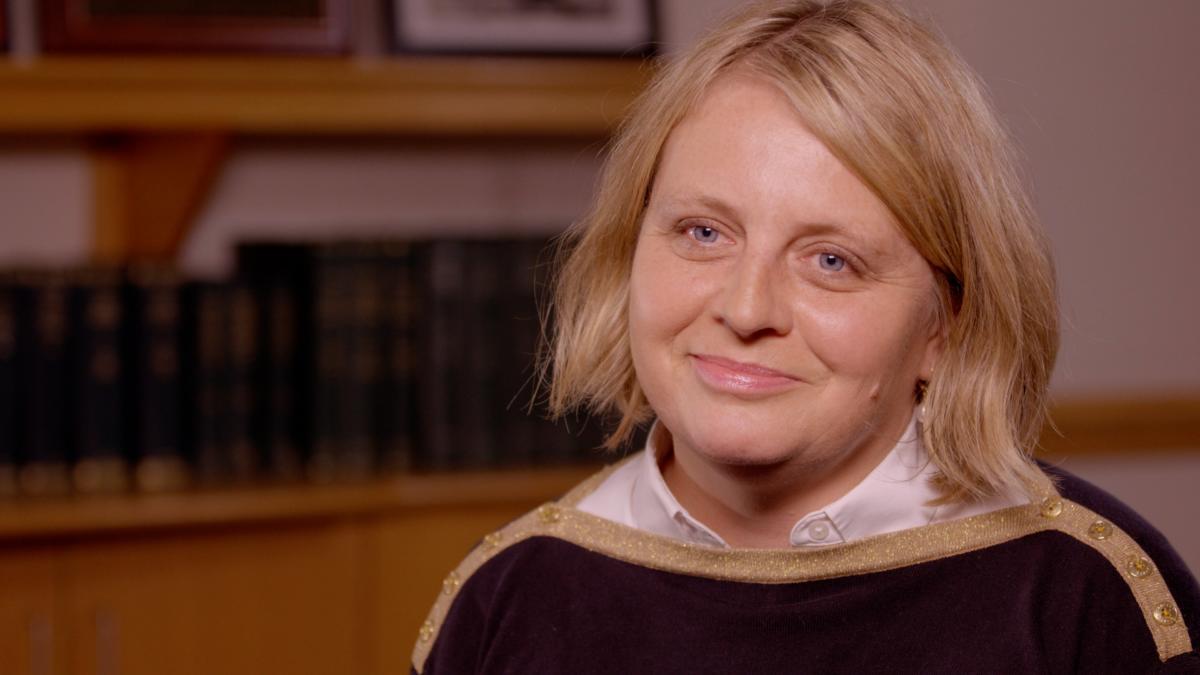A Scientist Sees Kidney Disease Through New Eyes

Monika Niewczas is keenly focused on kidneys. Specifically, making sure that they don’t stop working when someone develops type 1 diabetes (T1D). Niewczas, an M.D., Ph.D. and M.P.H., works as an assistant investigator at Joslin Diabetes Center and an assistant professor of medicine at Harvard Medical School. For the past 15 years, she has worked with others to better understand how the body develops diabetic kidney complications, with the immediate goal to translate that research into discoveries that will be available to individually treat people with type 1 diabetes (T1D), and ultimately prevent diabetic kidney disease.
Her research is critically important to anyone with T1D because statistics show that 25% of people who develop T1D also experience kidney disease as a result.
In her own lab, Dr. Niewczas is focused on using new methods to study small molecules and proteins at a microscopic level. “This is a very exciting era we are in now of precision medicine, where so many global profiling tools are available,” says Niewczas. The tools enable her to look at the disease at a much higher resolution, and search for determining factors that lead to complications. Niewczas invokes French author Marcel Proust when trying to explain what these new methods could mean for the field. Proust famously said,
“The only true voyage of discovery…would be not to visit strange lands but to possess other eyes.”
With these techniques, Niewczas is clearly on the road to discovery. Get introduced to JDRF Career Development Award winner Dr. Niewczas—and many more JDRF-supported researchers—by visiting our new site Meet the Scientists. See how researchers are forging their own paths to help find cures and improve the lives of those living with T1D.
Funding kidney complications research is extremely important to JDRF. Please consider donating today, as we help those with T1D today and work to prevent future complications with your support.